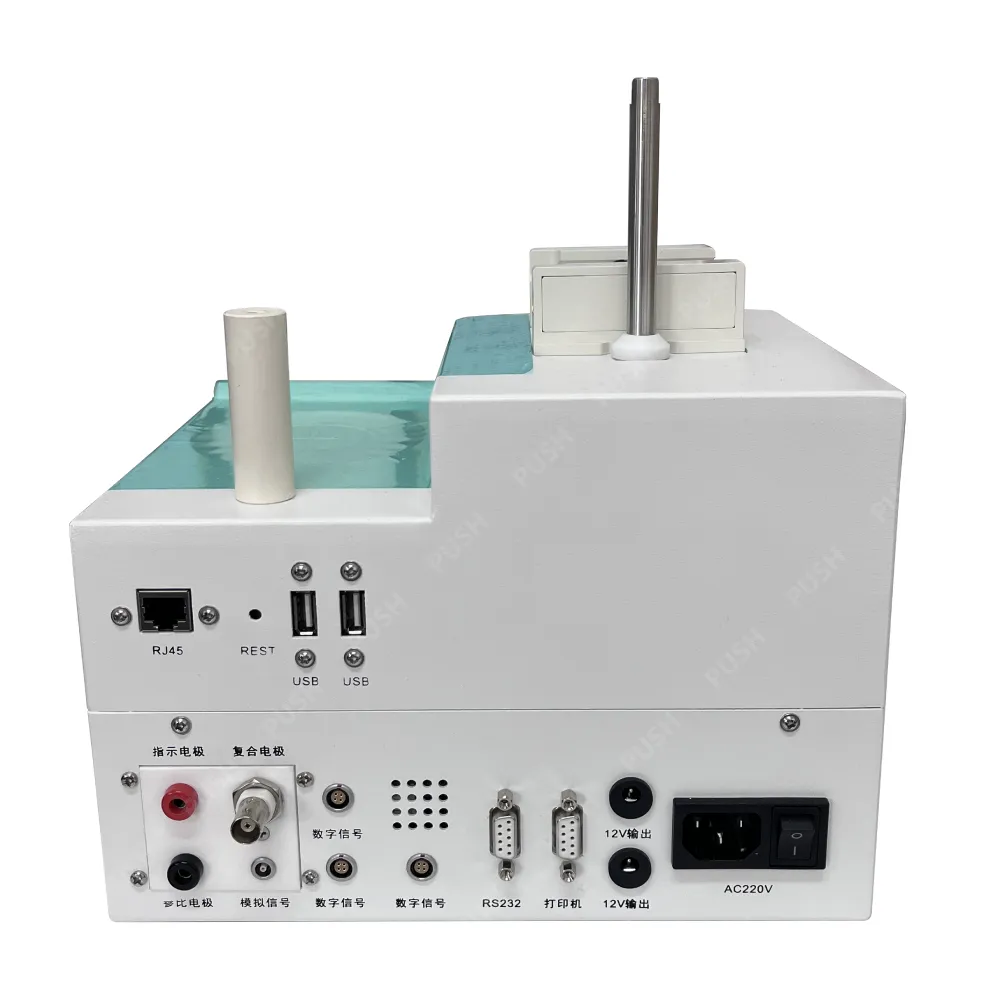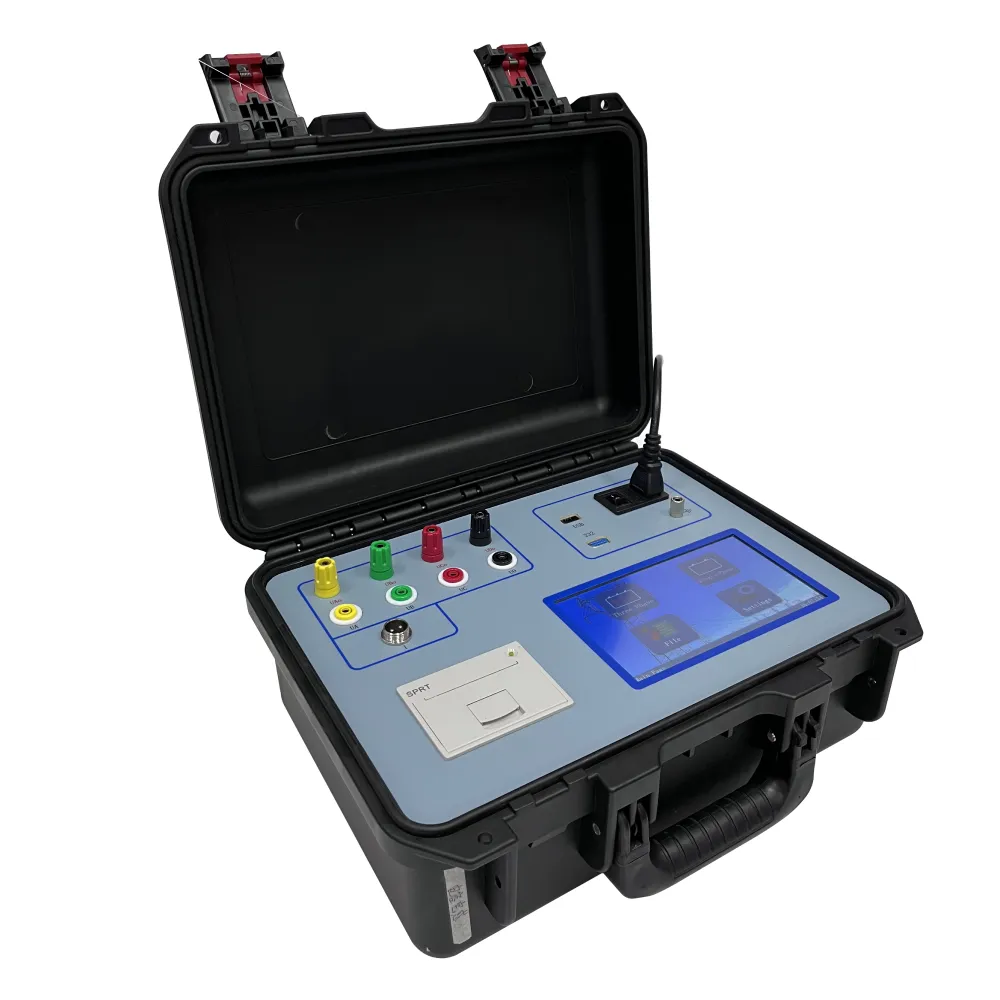TEL:
+86-0312-3189593
 English
English

Telephone:0312-3189593

Email:sales@oil-tester.com

-
 Afrikaans
Afrikaans -
 Albanian
Albanian -
 Amharic
Amharic -
 Arabic
Arabic -
 Armenian
Armenian -
 Azerbaijani
Azerbaijani -
 Basque
Basque -
 Belarusian
Belarusian -
 Bengali
Bengali -
 Bosnian
Bosnian -
 Bulgarian
Bulgarian -
 Catalan
Catalan -
 Cebuano
Cebuano -
 China
China -
 China (Taiwan)
China (Taiwan) -
 Corsican
Corsican -
 Croatian
Croatian -
 Czech
Czech -
 Danish
Danish -
 Dutch
Dutch -
 English
English -
 Esperanto
Esperanto -
 Estonian
Estonian -
 Finnish
Finnish -
 French
French -
 Frisian
Frisian -
 Galician
Galician -
 Georgian
Georgian -
 German
German -
 Greek
Greek -
 Gujarati
Gujarati -
 Haitian Creole
Haitian Creole -
 hausa
hausa -
 hawaiian
hawaiian -
 Hebrew
Hebrew -
 Hindi
Hindi -
 Miao
Miao -
 Hungarian
Hungarian -
 Icelandic
Icelandic -
 igbo
igbo -
 Indonesian
Indonesian -
 irish
irish -
 Italian
Italian -
 Japanese
Japanese -
 Javanese
Javanese -
 Kannada
Kannada -
 kazakh
kazakh -
 Khmer
Khmer -
 Rwandese
Rwandese -
 Korean
Korean -
 Kurdish
Kurdish -
 Kyrgyz
Kyrgyz -
 Lao
Lao -
 Latin
Latin -
 Latvian
Latvian -
 Lithuanian
Lithuanian -
 Luxembourgish
Luxembourgish -
 Macedonian
Macedonian -
 Malgashi
Malgashi -
 Malay
Malay -
 Malayalam
Malayalam -
 Maltese
Maltese -
 Maori
Maori -
 Marathi
Marathi -
 Mongolian
Mongolian -
 Myanmar
Myanmar -
 Nepali
Nepali -
 Norwegian
Norwegian -
 Norwegian
Norwegian -
 Occitan
Occitan -
 Pashto
Pashto -
 Persian
Persian -
 Polish
Polish -
 Portuguese
Portuguese -
 Punjabi
Punjabi -
 Romanian
Romanian -
 Russian
Russian -
 Samoan
Samoan -
 Scottish Gaelic
Scottish Gaelic -
 Serbian
Serbian -
 Sesotho
Sesotho -
 Shona
Shona -
 Sindhi
Sindhi -
 Sinhala
Sinhala -
 Slovak
Slovak -
 Slovenian
Slovenian -
 Somali
Somali -
 Spanish
Spanish -
 Sundanese
Sundanese -
 Swahili
Swahili -
 Swedish
Swedish -
 Tagalog
Tagalog -
 Tajik
Tajik -
 Tamil
Tamil -
 Tatar
Tatar -
 Telugu
Telugu -
 Thai
Thai -
 Turkish
Turkish -
 Turkmen
Turkmen -
 Ukrainian
Ukrainian -
 Urdu
Urdu -
 Uighur
Uighur -
 Uzbek
Uzbek -
 Vietnamese
Vietnamese -
 Welsh
Welsh -
 Bantu
Bantu -
 Yiddish
Yiddish -
 Yoruba
Yoruba -
 Zulu
Zulu
Th2 . 20, 2025 11:48
Back to list
PS-DCA10 DC resistance tester
Continuity and insulation testing are critical components in ensuring the functionality and safety of electrical systems. Professionals in the electrical field understand the importance of these tests in maintaining electrical integrity and preventing potential hazards. This comprehensive guide focuses on providing insights into these testing procedures, drawing from extensive experience and expertise.
Moreover, advances in testing equipment technology have introduced more reliable diagnostic tools. Professionals stay abreast of these advancements, integrating cutting-edge technologies into their practices to enhance precision and reliability. The expertise required to effectively employ these tools comes from continued education and practical experience, establishing authority and trustworthiness in their assessments. Building Trust Through Best Practices Establishing trust with clients and stakeholders is paramount in the electrical testing domain. Transparency in the testing process earns confidence, and seasoned experts are known for their meticulous documentation and reporting practices. This includes detailed records of testing conditions, results, and any recommendations for corrective action. Such levels of detail reinforce trust, providing stakeholders with reassurance about the electrical system's safety and reliability. Likewise, an open dialogue with clients, where complex test results are communicated in understandable terms, further elevates trust. Experts in the field leverage their communicative prowess to bridge the gap between technical assessments and client understanding. Trustworthy Outcomes Prioritizing Safety and Reliability Ultimately, the goal of continuity and insulation testing is to uphold safety and operational reliability. Experts who prioritize these outcomes contribute to a safer environment, mitigating risks associated with electrical failures. Their authoritative presence in this specialized field is a testament to their commitment, ensuring that systems perform optimally and safeguarding against potential hazards. Choosing experienced professionals equipped with the latest testing technology and a proven track record forms the backbone of a trustworthy electrical infrastructure. This reliance on authoritative expertise not only promises performance optimization but also secures peace of mind for all involved. In conclusion, continuity and insulation testing are vital assurances in the realm of electrical systems. Underpinned by experience, expertise, authority, and trustworthiness, these practices stand as essential pillars in the maintenance of safe and efficient electrical infrastructure.


Moreover, advances in testing equipment technology have introduced more reliable diagnostic tools. Professionals stay abreast of these advancements, integrating cutting-edge technologies into their practices to enhance precision and reliability. The expertise required to effectively employ these tools comes from continued education and practical experience, establishing authority and trustworthiness in their assessments. Building Trust Through Best Practices Establishing trust with clients and stakeholders is paramount in the electrical testing domain. Transparency in the testing process earns confidence, and seasoned experts are known for their meticulous documentation and reporting practices. This includes detailed records of testing conditions, results, and any recommendations for corrective action. Such levels of detail reinforce trust, providing stakeholders with reassurance about the electrical system's safety and reliability. Likewise, an open dialogue with clients, where complex test results are communicated in understandable terms, further elevates trust. Experts in the field leverage their communicative prowess to bridge the gap between technical assessments and client understanding. Trustworthy Outcomes Prioritizing Safety and Reliability Ultimately, the goal of continuity and insulation testing is to uphold safety and operational reliability. Experts who prioritize these outcomes contribute to a safer environment, mitigating risks associated with electrical failures. Their authoritative presence in this specialized field is a testament to their commitment, ensuring that systems perform optimally and safeguarding against potential hazards. Choosing experienced professionals equipped with the latest testing technology and a proven track record forms the backbone of a trustworthy electrical infrastructure. This reliance on authoritative expertise not only promises performance optimization but also secures peace of mind for all involved. In conclusion, continuity and insulation testing are vital assurances in the realm of electrical systems. Underpinned by experience, expertise, authority, and trustworthiness, these practices stand as essential pillars in the maintenance of safe and efficient electrical infrastructure.
Latest news
-
Testing Equipment Industry Sees Major Advancements in 2025: Smart & Precision Technologies Lead the WayNewsJun.06,2025
-
Applications of Direct Current Generators in Renewable Energy SystemsNewsJun.05,2025
-
Hipot Tester Calibration and Accuracy GuidelinesNewsJun.05,2025
-
Digital Circuit Breaker Analyzer Features and BenefitsNewsJun.05,2025
-
Benefits of Real-Time Power Quality Monitoring Devices for Industrial EfficiencyNewsJun.05,2025
-
Earth Fault Loop Testing in High-Rise Building Electrical SystemsNewsJun.05,2025



